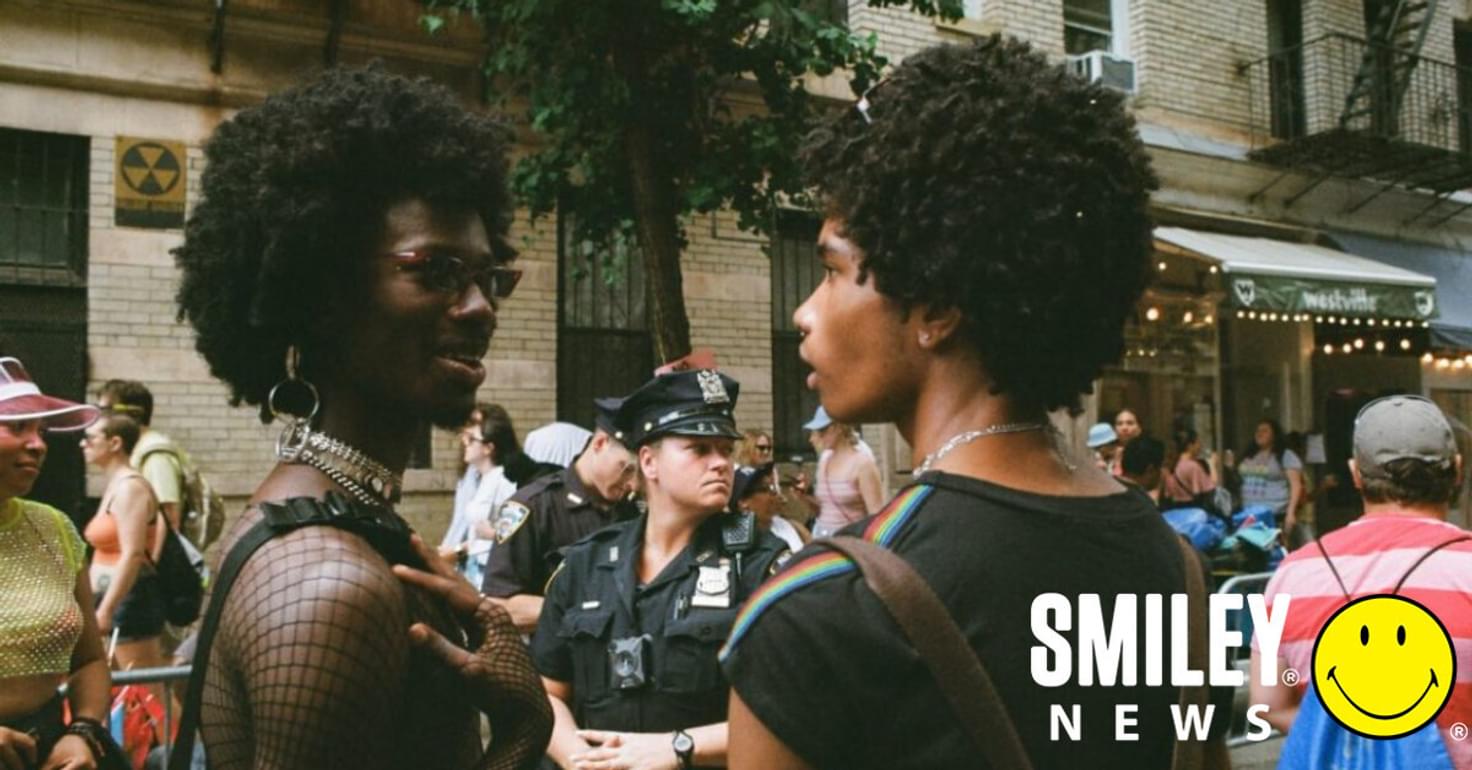
Words by Smiley Team
California just became the first US state to ban discrimination against natural hair at school and in the workplace.
Gov. Gavin Newsom signed the Create a Respectful and Open Workplace for Natural Hair (CROWN) Act into law in July and it officially went into effect in the state on Jan. 1. State Sen. Holly Mitchell led the effort to pass the legislation that incorporates hair-based discrimination associated with race to the state’s anti-discrimination law, according to the Hill.
The prominence of hair discrimination caught Newsom’s attention after a video of high school student Andrew Johnson being forced to cut off his locks before a wrestling meet went viral in 2018.
“Far too often, Black people are shamed and excluded from jobs or school because of objections to natural hairstyles, but courts have been slow to recognize that bias against natural Black hair is a form of race discrimination,” Ria Tabacco Mar, director of the ACLU’s Women’s Rights Project, told Global Citizen via e-mail.
The CROWN Act recognizes how Eurocentric beauty standards are harmful and perpetuate discrimination and bias.
"Professionalism was, and still is, closely linked to European features and mannerisms, which entails that those who do not naturally fall into Eurocentric norms must alter their appearances, sometimes drastically and permanently, in order to be deemed professional,” the text of the legislation reads.
Workplace policies prohibiting natural hair — afros, braids, twists, and locks — disproportionately affect black people and are “likely to deter black applicants and burden or punish or punish black employees more than any other group,” according to the CROWN Act. Black women are twice as likely to feel pressure to conform to Eurocentric beauty standards in order to be taken seriously at work compared to white women.
Discrimination against people based on race is known to encourage exclusion and impoverish certain groups of the population who are already disadvantaged by lack of resources and services. Racial discrimination in the workplace is one of many systemic barriers that make it difficult for black people in the US to escape poverty, including lack of access to education, high incarceration rates, and more. In 2018, 23% of black people in the US lived in poverty.
California paved the way for other leaders across the country to make an effort to end hair discrimination. New York City released guidelines to prevent hair discrimination in February, and New Jersey is awaiting Gov. Phil Murphy to sign the state’s CROWN Act soon.
“California has taken an important step toward ensuring that all of us have the freedom to work and learn regardless of how we wear our hair,” the ACLU’s Tabacco Mar said.
Original article by Leah Rodriguez - Source Global Citizen
Photo by Prescott Horn on Unsplash
To find out more about the CROWN Act and ways to get involved, go to their website.
To find out more about the ACLU’s Women’s Rights Project and ways to get involved, go to their website.